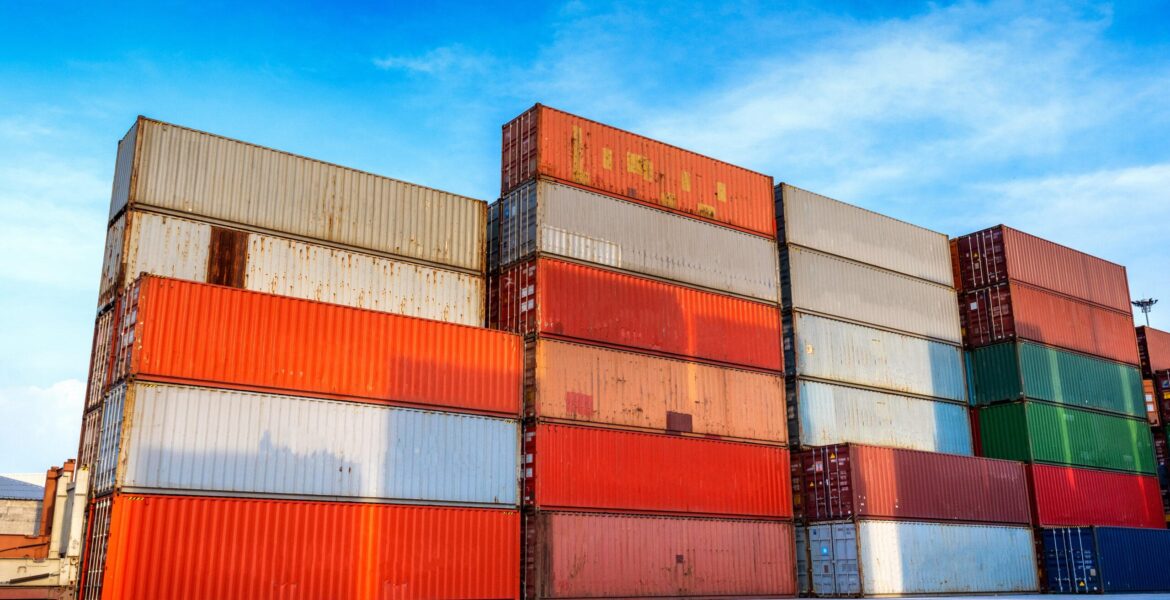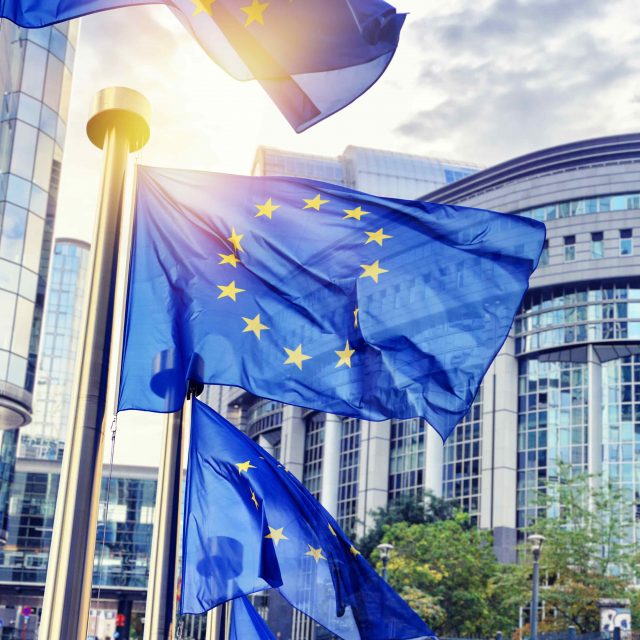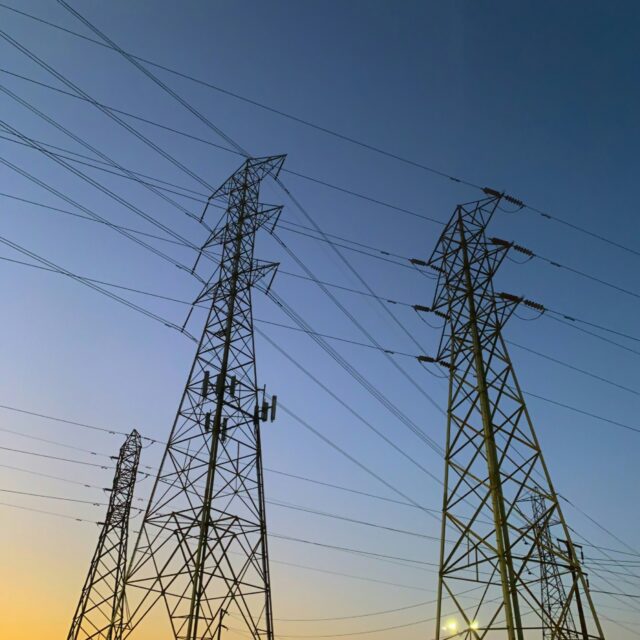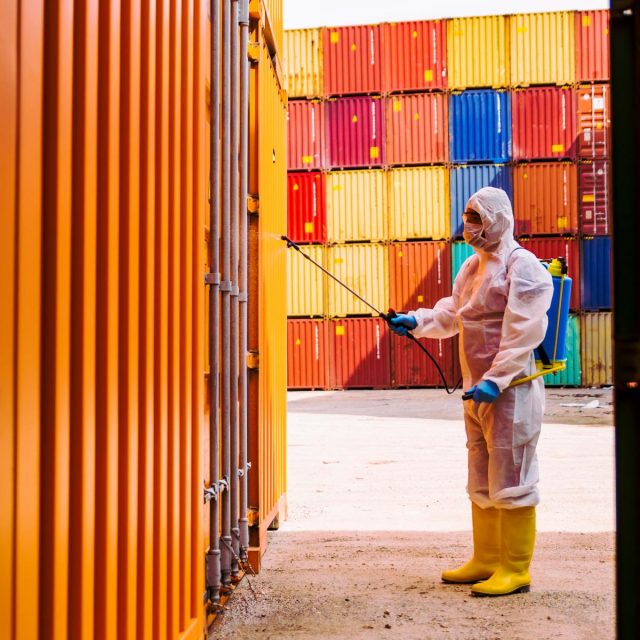The European Institute for Asian Studies (EIAS) announces the organisation of the Conference “The Middle Corridor Initiative – Where Europe and Asia Meet”, which will be held on Monday, 27 May 2024 from 11:00 AM to 12:30 PM at the European Institute for Asian Studies, rue de la Loi 26, 10th floor, B-1040 Brussels, Belgium. The Discussion will be followed by a Networking Lunch.
Over the past two years, geopolitical shifts in Eurasia have significantly impacted global supply chains, alongside various political and economic dynamics. There has been a visible redirection of cargo flow from northern to southern routes in the East-West direction. The Middle Corridor is a multimodal land and sea transport route starting in China, crossing through Central Asia, the Caspian Sea and extending into the South Caucasus, Türkiye, Georgia before reaching Europe. One of the most significant advantages of the Middle Corridor is its shorter total length, which is approximately 3,000 km less than the Northern Corridor going through Russia. In this regard, the South Caucasus is becoming one of the most important geostrategic regions, which is developing into a progressively attractive transport node between Europe and Asia. In this context, Azerbaijan is increasingly recognised as a principal transport, logistics and energy hub along the Middle Corridor. The November 2023 World Bank report highlighted the Middle Corridor as a crucial link and a mitigating element in geopolitical risk management. Indeed, traffic along the Middle Corridor is witnessing significant growth, primarily propelled by rising bilateral trade between Central Asian and South Caucasus nations on the one hand and the European Union, Türkiye and Georgia on the other. For the EU, there is a momentum as the enhancement of the Middle Corridor represents not only an opportunity to access critical resources but also to bolster regional connectivity and its presence in the region.
Furthermore, in and around the Caspian Sea there are abundant natural gas reserves that constitute a potential medium to long-term source of supply for Europe. Currently, there is one main corridor, the Southern Gas Corridor, combining the South Caucasus Pipeline (SCP), the Trans Anatolian Natural Gas Pipeline (TANAP) and the Trans Adriatic Pipeline (TAP) that bring gas from the Caspian Sea to Europe, while the oil is exported through the Baku–Tbilisi–Ceyhan (BTC) pipeline. In the South Caucasus, Azerbaijan in particular has become strategically important as an EU supply chain link with the East. The EU’s partnership with Azerbaijan is currently based on two crucial programs, the 1999 Partnership and Cooperation Agreement (PCA) and the EU Strategy for the South Caucasus, as part of the Eastern Partnership (EaP) initiative since 2009. Given the strategic and logistical role of the Middle Corridor, how can the EU prioritise its involvement in facilitating the region’s connectivity between Europe and the wider Central Asian and Caucasian areas.
To register, please confirm your participation by Friday, 24 May 2024 using the link below.




